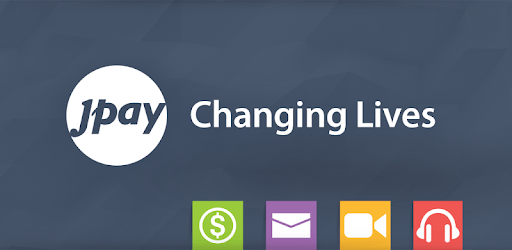By Lamar Johnson
- JPay is the sole communications contractor for prisons in 20 states
- Inmates make an average of $0.14 – $0.63 an hour
Originally created to expedite the process at which family members can send money to prisoners, JPay has been increasing its hold on the e-messaging market, at the expense of the incarcerated. While charging rates that seem subjective and are likely to rise without warning, the software company has made a killing over charging inmates. They squeeze money for everything from tablets to music to email, while helping limit other forms of communication in and out of prisons.
Why This Matters: Owned by parent company Secarus, JPay is currently the sole communications contractor for prisons in 20 states. For many families of the incarcerated, it’s is the only way to communicate with their loved ones.
The company has pushed to have “free tablets” for prisoners in Colorado, Missouri, New York and Florida, marketed as ways for prisoners to connect with the outside world. However, the change of tablet provider erased an estimated $11.2 million of music purchased by prisoners in Florida with no way of recovery, according to Rolling Stone. JPay has been rapidly handing them out, expecting to make production costs back plus profit, while inmates are paid an average of between $0.14 to $0.63 cents an hour, according to the Prison Policy Initiative
In addition to the racket its making on tablets, JPay has been successfully lobbying for increased limitations on paper mail into prisons. Also, they’ve been pushing for video calls to replace face-to-face interaction. Meanwhile, it simultaneously sets arbitrary prices for their “stamps”, worth one e-message, and video chats. Wired reported in an especially exploitative move, the company raised prices from $0.35 a stamp to $0.47 cents ahead of Mother’s Day.
Situational Awareness: The company only recently came into the national spotlight, after a group of prisoners hacked the back-end data on the tablets and spread out around $225,000 in credits among five systems. JPay opened up operations in 2002, but began aggressively expanding their service in 2011, when it pitched its programs to associations that helped secure more contracts in local prisons. At the time it boasted 1.2 million users and $30.4 million revenue, by 2014 they’d double that figure to $70.4 million.
CBx Vibe: “Shadow Man” Noname Feat. Phoelix, Smino & Saba









